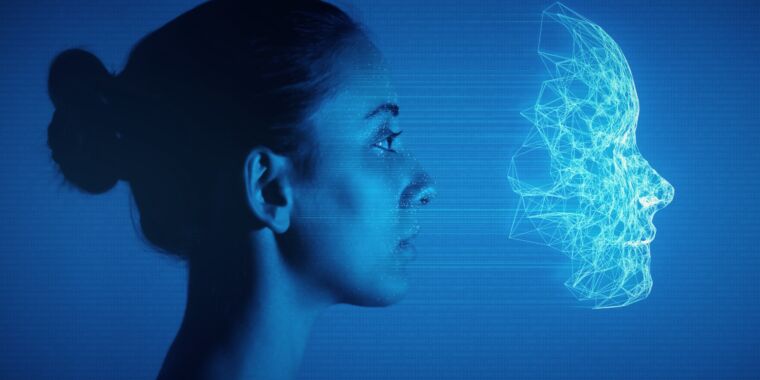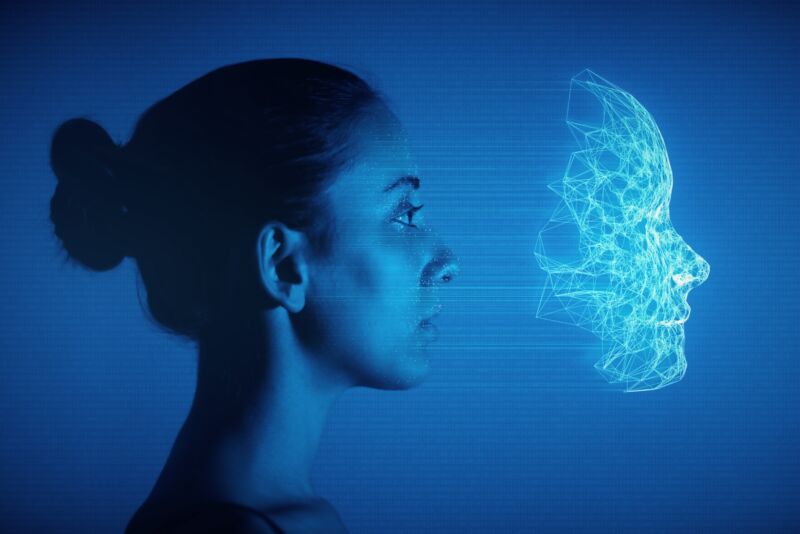Photobucket opted inactive users into privacy nightmare, lawsuit says
Photobucket was sued Wednesday after a recent privacy policy update revealed plans to sell users’ photos—including biometric identifiers like face and iris scans—to companies training generative AI models.
The proposed class action seeks to stop Photobucket from selling users’ data without first obtaining written consent, alleging that Photobucket either intentionally or negligently failed to comply with strict privacy laws in states like Illinois, New York, and California by claiming it can’t reliably determine users’ geolocation.
Two separate classes could be protected by the litigation. The first includes anyone who ever uploaded a photo between 2003—when Photobucket was founded—and May 1, 2024. Another potentially even larger class includes any non-users depicted in photographs uploaded to Photobucket, whose biometric data has also allegedly been sold without consent.
Photobucket risks huge fines if a jury agrees with Photobucket users that the photo-storing site unjustly enriched itself by breaching its user contracts and illegally seizing biometric data without consent. As many as 100 million users could be awarded untold punitive damages, as well as up to $5,000 per “willful or reckless violation” of various statutes.
If a substantial portion of Photobucket’s entire 13 billion-plus photo collection is found infringing, the fines could add up quickly. In October, Photobucket estimated that “about half of its 13 billion images are public and eligible for AI licensing,” Business Insider reported.
Users suing include a mother of a minor whose biometric data was collected and a professional photographer in Illinois who should have been protected by one of the country’s strongest biometric privacy laws.
So far, Photobucket has confirmed that at least one “alarmed” Illinois user’s data may have already been sold to train AI. The lawsuit alleged that most users eligible to join the class action likely similarly only learned of the “conduct long after the date that Photobucket began selling, licensing, and/or otherwise disclosing Class Members’ biometric data to third parties.”
Photobucket opted inactive users into privacy nightmare, lawsuit says Read More »


